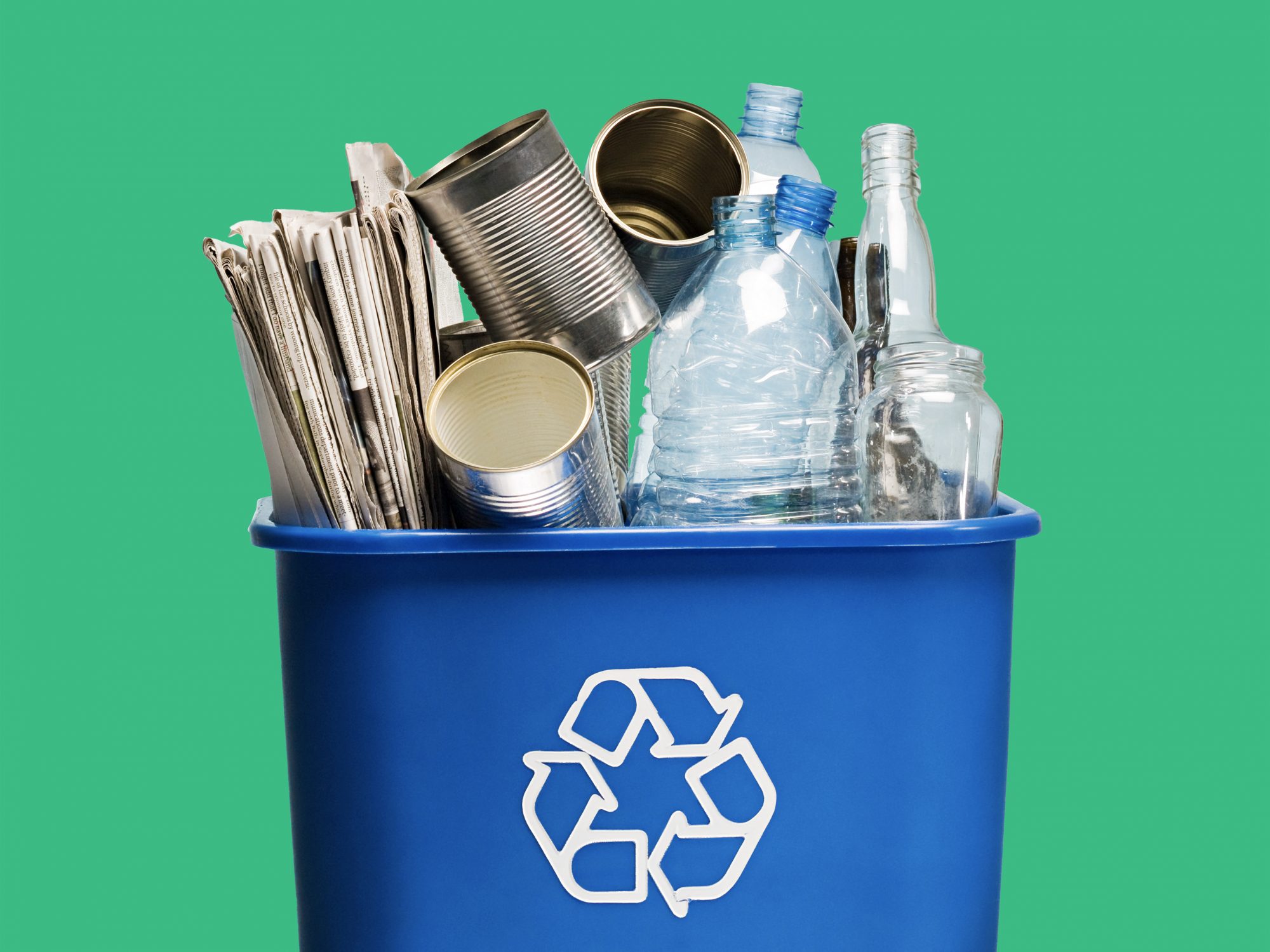URI recently hired Joseph Majeika as the new recycling and solid waste coordinator. PHOTO CREDIT: www.ecoenclose.com
COVID-19 has slowed down the University of Rhode Island’s recycling practices, but University Facilities Operations are focused on educating the URI community about being more environmentally friendly.
David Lamb, director of facilities operations, said that COVID-19 has created more waste at URI, particularly with Dining Services.
“We actually had to provide more coverage over in the Housing and Residential Life area because there was a lot of takeout going on,” Lamb said. “So it impacted the University. We had to shift operations to make sure that we keep the area clean because with any operation like that, you not only get more recycling but you have more litter and more trash. So that was a challenge.”
Lamb also said that the previous waste and recycling coordinator had retired as the pandemic started, and the position was just filled this month.
Joseph Majeika, the current recycling and solid waste coordinator, said that one of the main issues he wanted to tackle was educating the URI community about what can and cannot be recycled.
“We have a big issue with our recycles getting very contaminated and they are rejected when they get brought up,” Majeika said. “I see the biggest uphill battle with recycling is people being responsible and respectful and what belongs in there and what doesn’t.”
Lamb said that dorms are a large part of the recycling process at the University, and there are effective practices already in place.
“We had developed a small portion of training that goes on to the RAs to educate them on the waste and recycling process we have here,” he said. “And then what we asked the RAs to do is then educate the students that are living in the dorms, so that they’re more aware of what’s recyclable and what’s not. That seems to be the best way to connect.”
Lamb also said that there are large recycling dumpsters outside dorms where students can recycle their waste. Students can also request small recycling bins for their rooms, which is encouraged so that recyclables aren’t thrown away in trash bags, because they contaminate the waste stream and recycling centers won’t accept the waste.
Majeika is still in the starting stages of his plans for educating the University, but he hopes to start with making information about proper recycling accessible to the community, through emails about the process, education of faculty and staff to trickle down to students and through the resources on the recycling section on the URI website.
Lamb also hopes to start an informational series to make the information easier to understand and practice for everyone at the University.
According to Majeika, recycling is important to make the University and the world as a whole better for ourselves and for our future generations, and it’s each individual’s responsibility to make good recycling decisions.
“I think it needs to start with the individual, every individual room, every individual dorm and ultimately it expands to the whole campus,” said Majeika. “It takes a village, takes a group of individuals to do that.”

